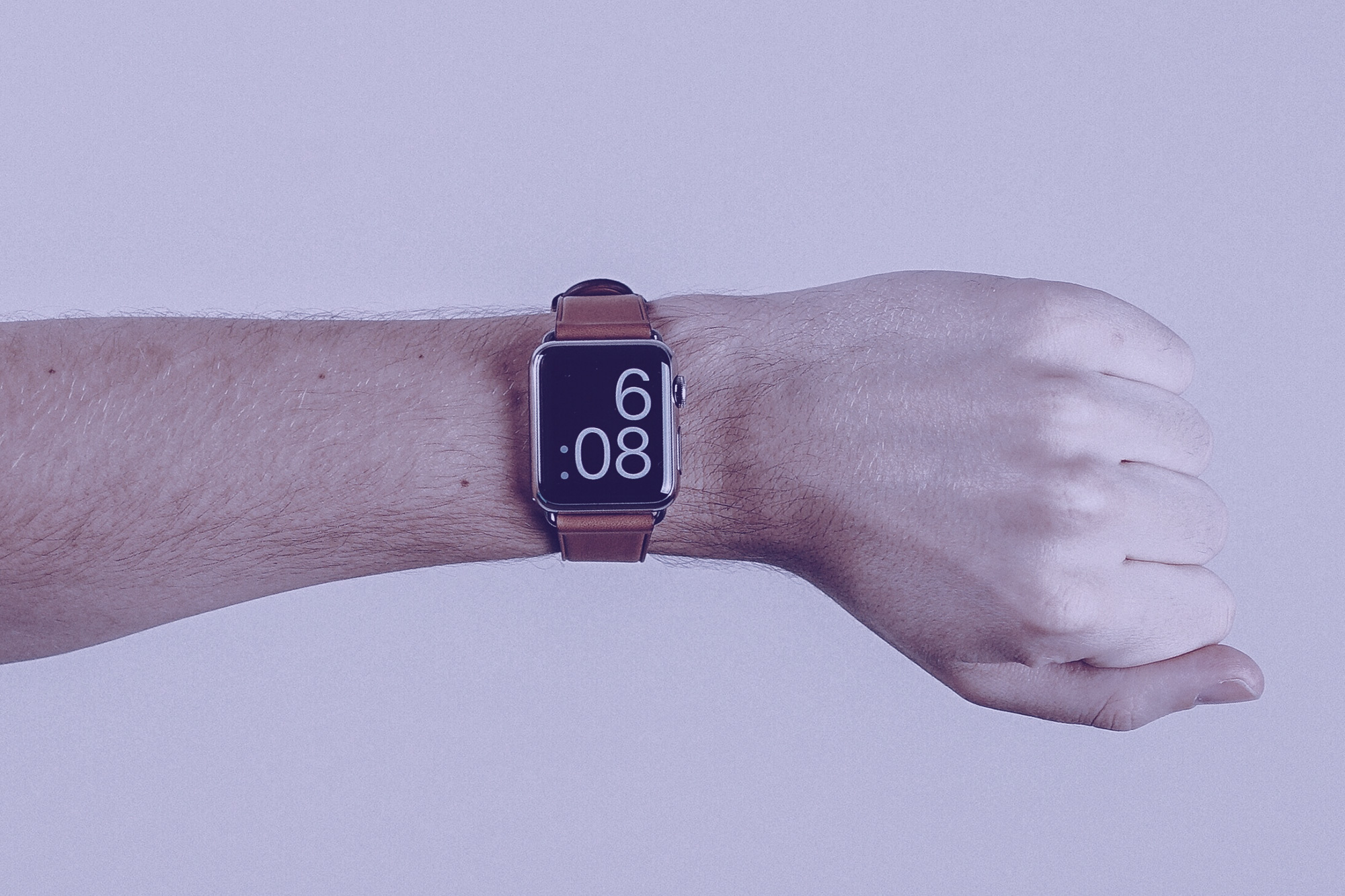Early y soon es uno de esos pares de palabras confusas a los que no les acabamos de pillar el truco. Para que no vuelvas a dudar cuándo es necesario usar early y soon en inglés los vemos paso a paso en el post de hoy.
Antes de ver los detalles de las diferencias entre early y soon, vamos a ponerte un poquito a prueba. Usa early o soon para completar cada una de estas frases
It’s too _____ to get up, it’s only 6 o’clock.
I’ll call you _____ to arrange a meeting.
The bus arrived _____ this morning.
It will be my birthday _____.
We need this as _____ as possible.
*Soluciones al final del post.
¿Ha sido fácil o difícil? Si no lo has visto del todo claro y para que no vuelvas a dudar cuándo es necesario usar early y soon en inglés vamos a verlos por separado y paso a paso. Let’s go!
EARLY
Usamos el adverbio early para indicar el inicio de un determinado periodo de tiempo. Solemos traducirlo como “temprano” aunque a veces la traducción va a depender un poco del contexto.
I get up early in the morning. – Me levanto temprano por la mañana.
We went to bed early last night. – Nos fuimos a la cama temprano anoche.
Can I call you early in the week? – ¿Puedo llamarte a principios de semana?
They will give us an answer early next month. – Nos darán una respuesta a principios del mes que viene.
También usamos early para indicar que algo se ha producido “antes de lo esperado”
The flight arrived 15 minutes early. – El vuelo llegó 15 minutos antes (de lo esperado).
I was 10 minutes early. – Llegué 10 minutos antes de tiempo.
Our baby was a week early. – Nuestro bebé se adelantó una semana/llegó una semana antes.
Además, early se puede usar como adjetivo
She usually takes an early train. – Ella normalmente coge un tren temprano/a primera hora.
We are having an early dinner today. – Hoy cenaremos antes/temprano.
They plan to go to Barcelona in early June. – Ellos planean ir a Barcelona a principios de junio.
SOON
usamos soon para hacer referencia a un momento próximo al actual y en este caso lo solemos traducir como “pronto”.
See you soon. – Hasta pronto.
Don’t worry, he’ll be here soon. – No te preocupes, pronto él estará aquí.
I hope you get well soon. – Espero que te pongas bien/que te recuperes pronto.
Soon it will be winter. – Pronto será invierno.
Si hablamos en pasado, puede hacer referencia también a un momento próximo, pero al momento en el que hablábamos.
Por ejemplo,
It was hard at the beginning, but I soon got used to it. – Al principio fue difícil pero pronto me acostumbré.
She soon learned the basic things. – Ella pronto aprendió lo básico.
Observa también el uso de soon con formas comparativas en las siguientes expresiones
I came as soon as I could. – Vine tan pronto como pude.
We need to finish this as soon as possible. – Necesitamos acabar esto lo antes posible.
The sooner, the better. – Cuanto antes, mejor.
Sooner or later. – Tarde o temprano.
Ya hemos visto la diferencia entre usar early y soon, pero, para darle un puntito más, vamos a contarte también lo que pasa con quickly y soon y por qué a veces nos liamos también con ellos. Pay attention!
QUICKLY
hay una diferencia entre soon y quickly, al usar quickly nos referimos a la velocidad con la que algo se hace.
She got dressed quickly. – Ella se vistió rápidamente.
They sent the information quickly. – Ellos enviaron la información rápidamente.
We quickly became friends. – Nos hicimos amigas rápidamente.
Presta atención a la diferencia de significado cuando usamos soon o quickly en estos ejemplos
Come and visit us soon. – Ven a visitarnos pronto.
Come and visit us quickly. – Ven a visitarnos rápidamente (date prisa).
We’ll paint the bedroom soon. – Pronto pintaremos la habitación.
We’ll paint the bedroom quickly. – Pintaremos la habitación rápidamente.
I hope they can do the repair soon. – Espero que ellos hagan la reparación pronto.
They did the repair quickly but not very well. – Hicieron la reparación rápido pero no muy bien.
Esperamos que ahora tengas más clara la diferencia entre early y soon, y también entre soon y quickly y sepas cuál de ellas usar en cada momento.
¿Quieres ver más sobre palabras confusas? Prueba con éstas
???? Diferencia entre job y work
???? Diferencia entre agenda, diary y schedule
???? 20 confusing words
*Soluciones de la actividad
It’s too EARLY to get up, it’s only 6 o’clock. (not soon)
I’ll call you SOON to arrange a meeting.
The bus arrived EARLY this morning. (not soon)
It will be my birthday SOON.
We need this as SOON as possible.

Las palabras job and work son palabras que utilizamos a diario, aunque no siempre de manera correcta, porque nos cuesta ver la diferencia entre una y otra. En el post de hoy te damos las claves para que aprendas a usar job and work correctamente.
Let’s work on it!
JOB es un sustantivo contable (countable noun) y se refiere a trabajo en el sentido de puesto de trabajo o empleo, lo que haces para ganar dinero, tu ocupación.
What do you do? What’s your job?
I love my job. I’m a nurse.
He finally found a job last week.
She had two jobs, she worked as a scientist and also as a part-time teacher.
Young people have more difficulties to find a job.
Are you looking for a new job?
Job también puede referirse a una tarea o un trabajo en particular, como por ejemplo
I had a few jobs to do at home this month, like painting and installing a new floor.
My parents always find little jobs for me to do in the garden.
He is retired but he has lot of jobs (things to do) to keep himself busy.
Podemos encontrar la palabra job en expresiones como:
A job interview
To look for a job
To apply for a job
To find / get a job
To lose / leave / quit a job
A full-time / part-time job
A permanent / temporary job
A rewarding / challenging job
WORK puede ser un sustantivo incontable (uncountable noun) o un verbo. Como sustantivo, es más general que job y se refiere a trabajo en general, en el sentido de actividades o esfuerzos que haces (como parte de tu trabajo o no) para conseguir algo. También puede hacer referencia a tu lugar de trabajo.
I work as a nurse. I love my job.
I’m busy. I have a lot of work at the moment.
A large part of the work we do involves using computers.
Doing the cleaning at home it’s a lot of work.
He starts work at 8 o’clock every morning.
I usually go to work by train.
Would you like to go for a drink after work?
Podemos encontrar la palabra work en expresiones como:
A hard/difficult work
A lot of work
To work hard
To start/leave/finish work
To go/get to work
To be at work
Como verbo, podemos utilizar work con diferentes preposiciones:
You work in a city or area.
E.g. He works in Madrid.
You work in a place such as a bank, shop, etc.
E.g. She works in a library.
You work at / for a company or organisation.
E.g. They work at the city council.
I work at / for a consulting firm.
He works at LMI bank.
You work in an industry or a type of job.
E.g. She works in advertising.
You work as a waiter, cashier, accountant, etc.
E.g. He works as a cook.
I work as a design consultant.
You work on a project or task.
E.g. Several people worked on the report.
I’m working on a market analysis.
You work with people or things.
E.g. They work with children in need.
We work with dangerous chemical substances.
Para que te resulte más fácil te dejamos esta infografía con ejemplos de uso correcto e incorrecto de job and work.

Y finalmente para ponerte a prueba y ver si lo tienes claro puedes realizar este ejercicio.
Completa con job o work las siguientes frases:
I _____ part-time at a restaurant.
She has two _____ to support her family.
They usually finish _____ at 19 p.m.
He is trying to find a _____ in advertising.
I started _____ when I was 20.
She’s not here right now. She’s at _____.
We had a full-time _____ at a local university.
VER RESPUESTAS CORRECTAS
I WORK part-time at a restaurant.
She has two JOBS to support her family.
They usually finish WORK at 19 p.m.
He is trying to find a JOB in advertising.
I started WORK when I was 20.
She’s not here right now. She’s at WORK.
We had a full-time JOB at a local university
Esperamos que este post sobre job and work te sea de ayuda, además si quieres ver más tips de vocabulario relacionados con el trabajo te recomendamos el post cómo hablar de trabajo en inglés



